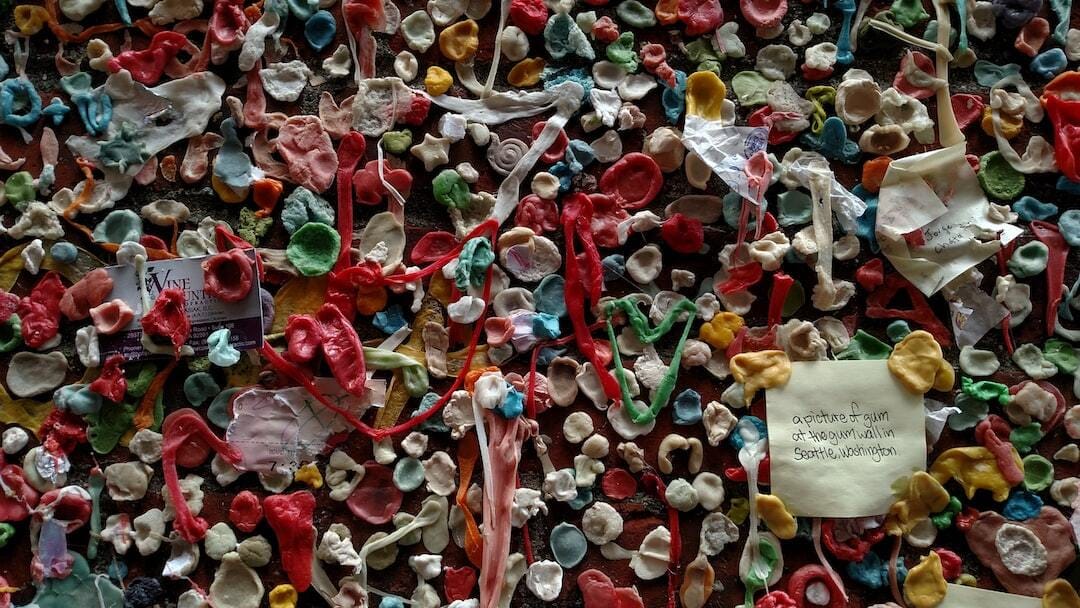As of 2021, the estimated population of Singapore is approximately 5.896 million people. This small island city-state in Southeast Asia is known for its diverse culture, excellent education system, and high standard of living. Singapore's population has been growing steadily over the years, with an increase of 1.2% from the previous year. The country is one of the most densely populated in the world, with a land area of only 728.3 square kilometers. Despite its small size, Singapore is a bustling metropolis with a vibrant economy and a thriving tourism industry.
In Singapore, chewing gum has been banned since 1992. This policy was implemented to maintain cleanliness in public spaces and reduce the cost of cleaning gum residue from public facilities. The government was particularly concerned about the negative impact of gum on the rapid mass transit (MRT) system, where it could stick to doors and cause them to malfunction.

Did you know that Singapore's chewing gum ban is not unique to the country? Countries like Thailand and the United Arab Emirates have banned chewing gum for similar reasons. However, unlike Singapore, the ban in these countries is not strictly enforced. In Thailand, for instance, chewing gum is allowed as long as it is not sold illegally. In the United Arab Emirates, the ban only applies to importing and selling chewing gum, not consuming it.
Singapore's chewing gum ban remains one of the most well-known examples of a government implementing such a policy to maintain cleanliness and orderliness in public spaces.
Despite the ban, Singapore made an exception in 2004 to allow the sale of therapeutic chewing gum, such as nicotine gum and dental gum, for medicinal purposes. However, a prescription from a registered medical practitioner must be presented at a pharmacy to purchase these gums.
The chewing gum ban has been a controversial topic, both domestically and internationally. Some argue that it infringes on personal freedom, while others believe it has helped maintain Singapore's reputation as a clean and orderly city. Regardless of opinion, the ban remains in place and is strictly enforced. Anyone found breaking the ban risks facing a fine or even imprisonment.
It's worth noting that the ban only applies to chewing gum intended for consumption. Other types of gum, such as dental or adhesive gum, are still allowed. Additionally, the ban does not extend to chewing gum for non-consumption purposes, such as in the workplace or for artistic expression.
Overall, the chewing gum ban in Singapore is a unique policy that reflects the government's commitment to cleanliness and orderliness. While it has sparked debate and controversy over the years, it remains an important part of Singapore's cultural and legal landscape.
Sources:
"Chewing Gum Ban in Singapore." Singapore Legal Advice. Accessed 30 June 2021. https://singaporelegaladvice.com/law-articles/chewing-gum-ban-singapore/.
"Singapore's Chewing Gum Ban." The New York Times, 4 Nov. 2019. https://www.nytimes.com/2019/11/04/world/asia/singapore-chewing-gum-ban.html.
"Chewing Gum Ban in Singapore: Explained." World Nomads. Accessed 30 June 2021. https://www.worldnomads.com/travel-safety/southeast-asia/singapore/chewing-gum-ban-in-singapore-explained.